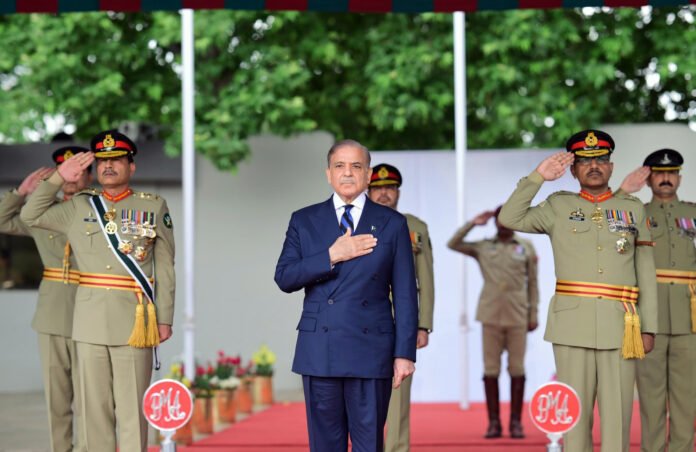Pakistan’s powerful military, led by Army Chief Asim Munir, now holds an unprecedented level of influence—so strong that many observers say the country is walking on a thin line between economic crisis, climate danger and political chaos.
When Munir was promoted to Field Marshal in 2025, the ceremony was more than a military nod; it was a clear sign that the Army sees itself as the guardian of Pakistan’s future, rather than a discipline under civilian control.
For more than 70 years the military has stepped in whenever the civilian government appears weak. From Ayub Khan’s 1958 coup to Zia‑ul‑Haq’s Islamisation in the 1980s, and later Pervez Musharraf’s “Enlightened Moderation,” each takeover was market‑planted as a patriotic necessity. Yet every time the army took the reins, the country left behind a higher debt burden, a sluggish economy and a deeply divided society.
Now, with Munir’s rising self‑image as a devout, Quran‑memoriser guardian of the nation, the same pattern repeats. The Army positions itself as the true power base behind the scenes of Islamabad and Rawalpindi’s General Headquarters. Critics argue that this “militarised nationalism” puts soldiers above ordinary citizens and prioritises fear over policy.
The core issue, according to observers, is that Pakistan is officially a republic, but in practice operates like a garrison state. Civilian governments act as extensions of military will, the judiciary bends to “national security” demands, and the media faces constant pressure. In this environment, the Army’s legacy of short‑term “rescue” missions has built a cycle of authoritarianism that leaves the nation poorer and less stable.
Additional warning signs appear in the Army’s most recent plans. Leaders like Munir have announced a ten‑year extension that could keep the military in command until 2035. If Pakistan’s citizens cannot regain control of decision‑making, the country risks continuing a decades‑long pattern of military overreach.
Some experts say the danger is two‑fold. First, the military’s attempts to maintain power can push the economy further into debt. Second, the country’s fragile climate—already threatened by flooding and drought—faces more stress when the budget is spent on defence rather than environmental resilience.
The buzz around Field Marshal Munir highlights the need for democratic accountability. The slogan that “salvation wears a uniform” loses all value when real leadership remains in the hands of soldiers rather than elected officials. If Pakistan continues to rely on military leadership instead of state‑building reforms, the country may remain stuck in a state of decline.
While some praise Munir’s image of religious devotion, others see it as a cover for a self‑confident military culture that keeps political power scarce. In a time of increasing global climate risk and rising public economic dissatisfaction, the call for civil rule and sustainable development has never been stronger.
In short, Pakistan’s future depends on whether the people can pull power from the barracks and restore a balanced partnership between elected officials and the defence establishment—otherwise the military’s orbit of dominance may keep the nation caught in a loop of debt, stagnation and climate vulnerability.
Source: ianslive
Stay informed on all the latest news, real-time breaking news updates, and follow all the important headlines in world News on Latest NewsX. Follow us on social media Facebook, Twitter(X), Gettr and subscribe our Youtube Channel.



